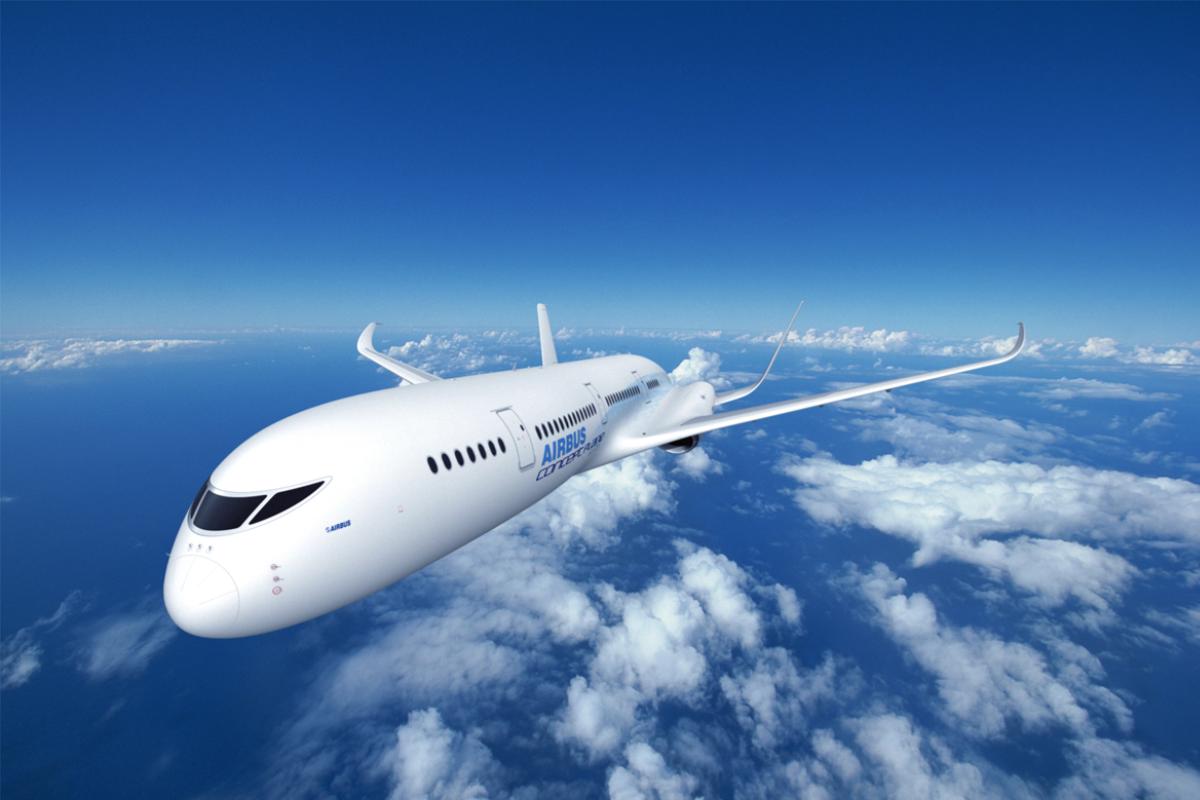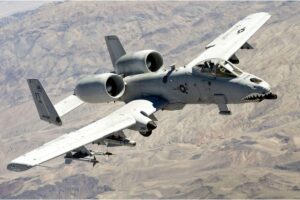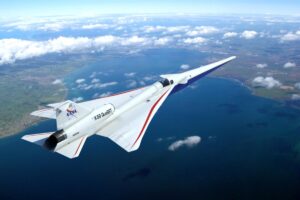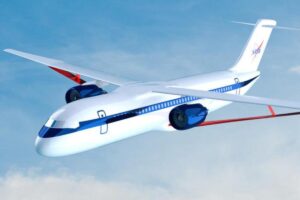Kimdu Technologies – Electric and hybrid-electric propulsion is rapidly revolutionizing mobility technologies across industries, from automotive to marine. And the aviation industry is no exception.
At Airbus, our work in electric flight aims to lay the groundwork for future industry-wide adoption and regulatory acceptance of alternative-propulsion commercial aircraft and urban air vehicles.
On the path to low-carbon flight
A range of technologies are required in order to meet the aviation industry’s decarbonisation ambition. These include improving operations and infrastructure; deploying sustainable aviation fuel (SAF); and innovating through technology.
Radical shifts with new concepts in propulsion will continue to be developed, such as hybrid powered aircraft. It is a major challenge that the industry will answer collectively with engine manufacturers and other industries such as automotive. In November 2022, Airbus and Renault Group signed a research and development agreement which aims to leverage synergies to accelerate both companies’ electrification roadmaps
Aircraft hybridisation principles
In a hybrid configuration, the aircraft uses several energy sources in flight, either in tandem or alternately. The combination of energy sources – jet fuel or sustainable aviation fuels with electricity – enables us to optimize overall energy efficiency and reduce fuel consumption.
Hybridisation leads to better energy management with the benefits of reducing fuel consumption by up to 5% compared to a standard flight.
The electrical sources could come from batteries or fuel cells which convert hydrogen into electricity. In November 2022, Airbus unveiled its fuel cell-powered engine.
Airbus Commercial Aircraft Hybridisation Principles – Infographic
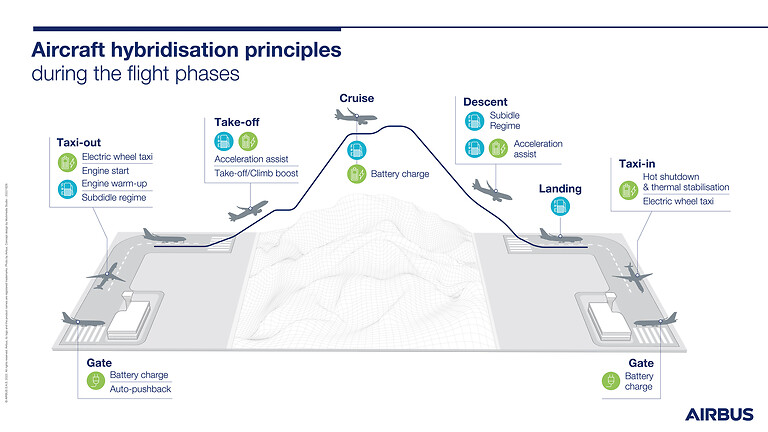
A timeline of achievements in electric propulsion
In 2010, Airbus embarked on its electrification journey, developing the world’s first all-electric, four-engined aerobatic aircraft, CriCri. Since then, we have made significant progress in the electrification of flight thanks to our all-electric, twin-propeller aircraft E-Fan and our electric vertical take-off and landing (eVTOL) demonstrator projects, Vahana and CityAirbus NextGen. E-Fan X, the successor to E-Fan has provided invaluable insights on serial hybrid-electric propulsion.
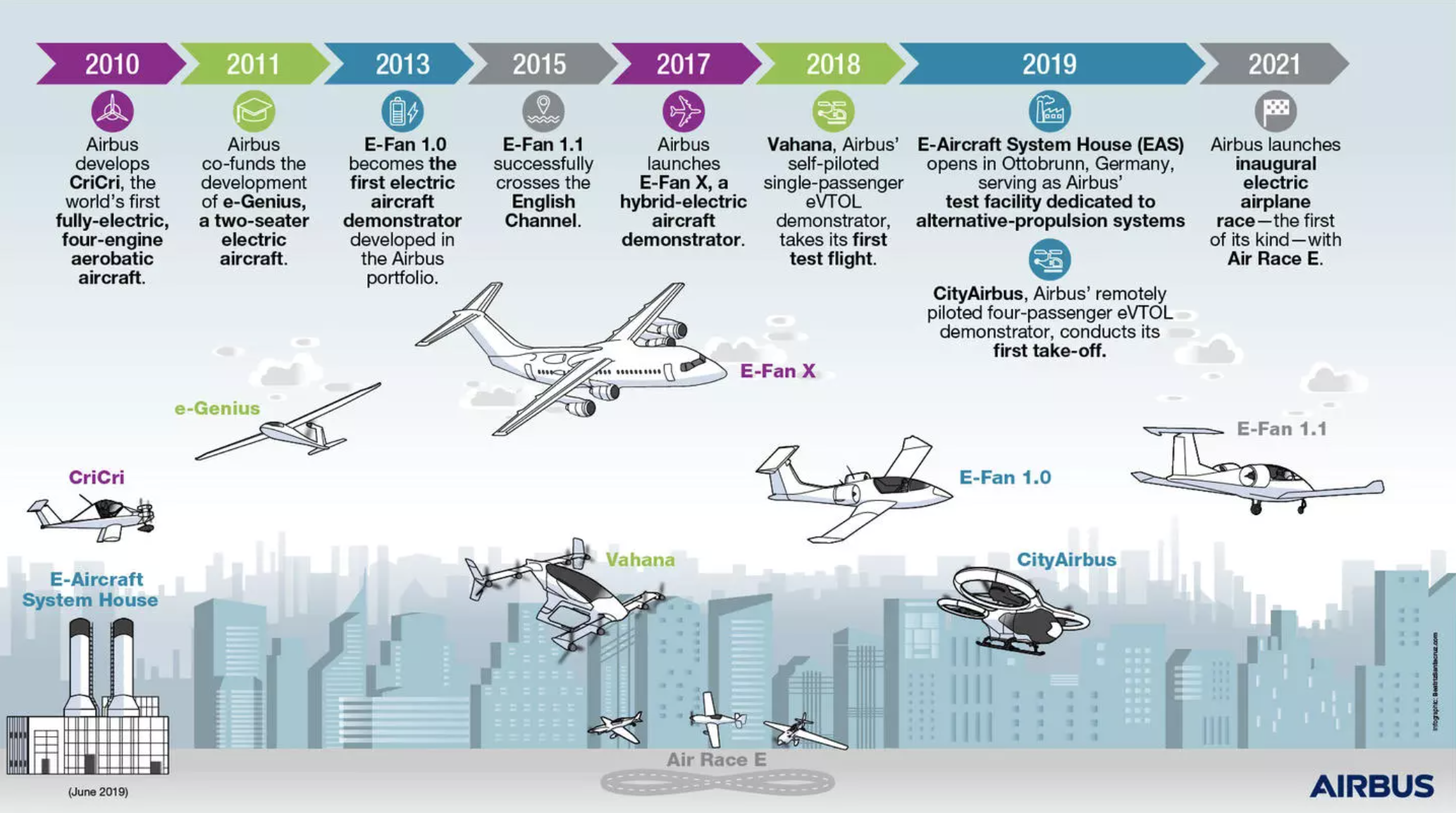
Kimdu Source: Airbus
